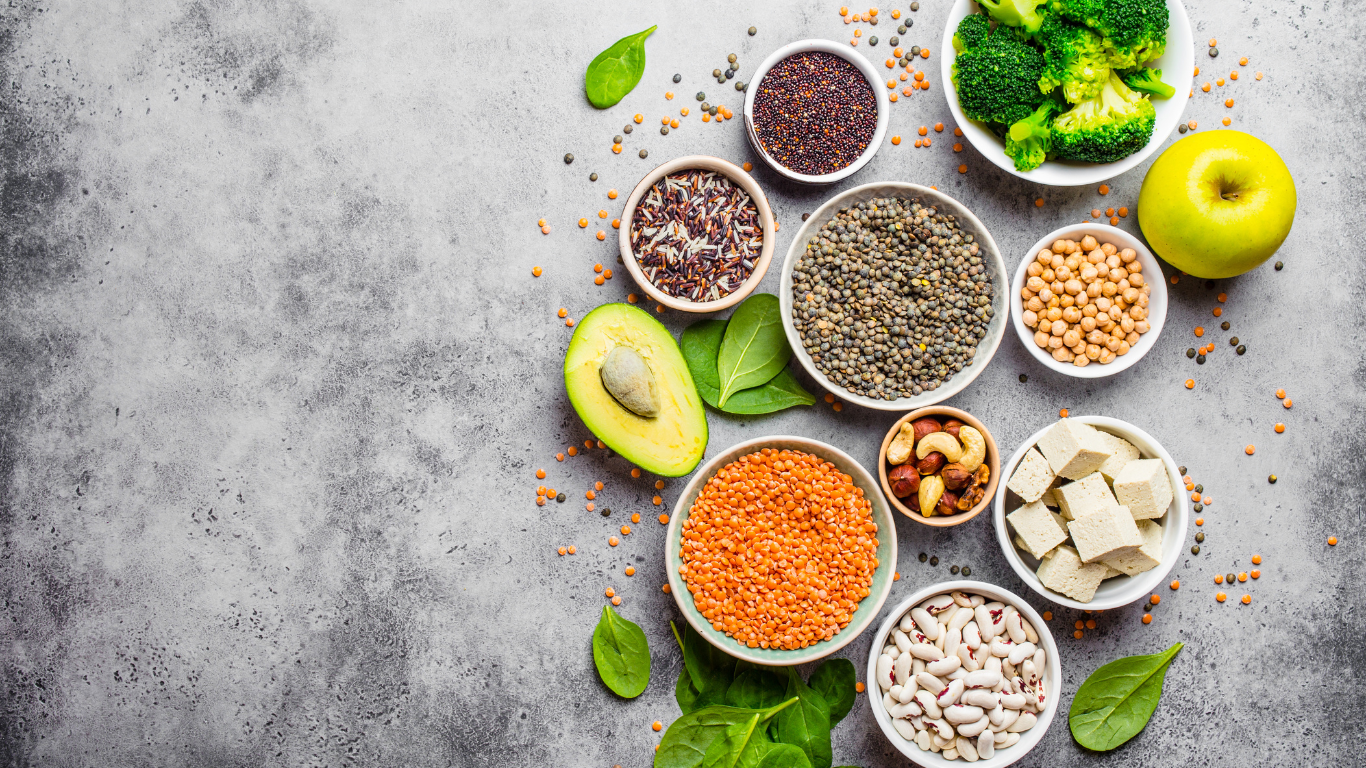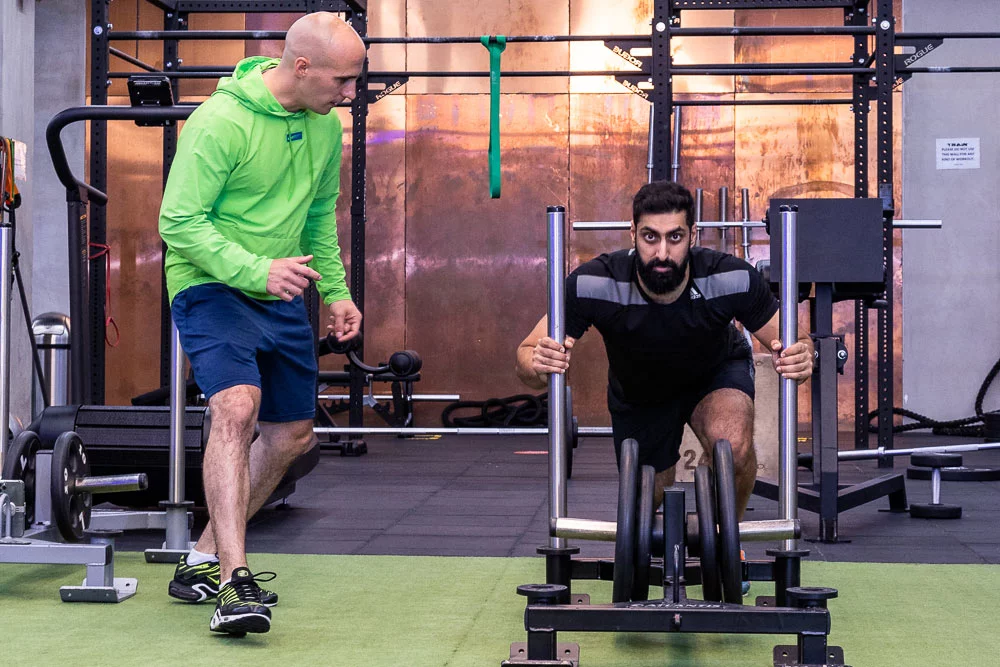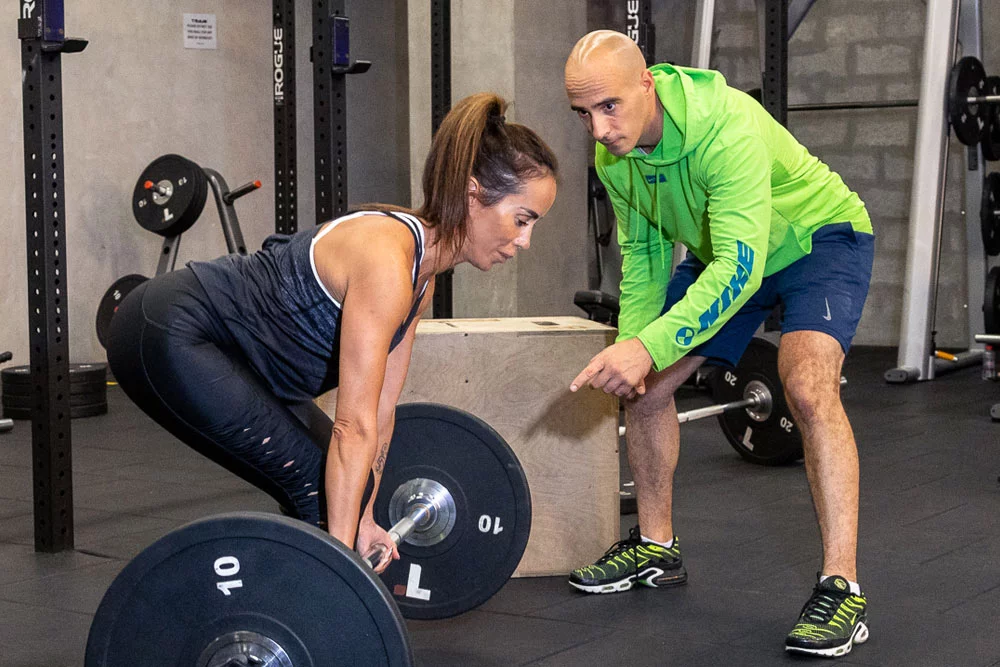Welcome back to the second part of our sleep series. In the bustling rhythm of modern life, two pillars often stand neglected to our wellbeing, diet and sleep. The food we consume and the rest we get are not just individual components of healthy lifestyle, they are intricately linked to influencing and shaping one another.
Imagine your body as a finely tuned violin that needs the right strings and the right player to produce a harmonious sound. So too do our bodies need the right nutrients and adequate rest to function at their best. But what happens when one of these elements is out of tune? How exactly do diet and sleep influence each other? Read on and dive deeper into the hormonal ballet tha plays out in our bodies every day.
Understanding the Hormonal Impact
Our bodies are a marvel of biological engineering with hormones acting as the messengers that regulate almost every aspect of our physiology. Two hormones play a pivotal role in the dance between diet and sleep: leptin and ghrelin.
The Hunger Duo: Leptin and Ghrelin
Leptin is often dubbed the “satiety hormone” is produced by our fat cells and signals to the brain when we’ve had enough to eat. It’s the body’s way of saying “ Stop eating, you’re full”. On the other end, ghrelin, produced in the stomach, is the hunger hormone. It nudges the brain with a gentle reminder that it’s time to eat
Now this is where sleep enters the picture. Studies such as Short Sleep Duration 2004 show a fascinating connection between sleep and these hormones. When you’re sleep deprived leptin levels drop and ghrelin rises, In layman’s terms, a lack of sleep will make you feel hungrier than usual, even if you’ve consumed enough calories.
Sleep-Deprived Binges. We’ve All Been There
Ever found yourself reaching for that extra slice of pizza, piece of cake or tub of ice cream after a night of tossing and turning? That’s not just a lack of willpower; it’s biology. The imabalance of le[tin and ghrelin caused by sleep deprivation can lead to increased appetite, especially for calorie dense, sugary and fatty foods. It’s your bodies way of trying to compensate for the energy it didn’t restore during sleep.
This dance of hormones underscores the importance sleep plays in our wellbeing. It’s the cornerstone of our dietary choices. So, the next time you’re debating that extra episode on Netflix late at night remember the dance and choose to give your body the rest that it needs.
Sleep: The Natural Appetite Regulator
In the grand theater of life, sleep often plays the understated role, gracefully waiting in the wings. Yet, when it takes center stage, it performs with an elegance that can transform our daily script, especially when it comes to our relationship with food.
The Role of Ghrelin
Think of ghrelin as that persistent notification on your phone. When you’re well-rested, it’s like you’ve efficiently managed your emails, keeping the alerts to a minimum. But with each hour of missed sleep, the notifications pile up, becoming more insistent and harder to ignore. Just as unchecked notifications can overwhelm your inbox, elevated ghrelin levels increase your hunger signals, urging you to reach for that extra snack.
Research such as the study on the impact of sleep deprivation on metabolism, underpins the role sleep plays as a natural regulator for ghrelin, It is similar to hitting the “Do Not Disturb” button, giving you a break from constant pings and allowing your body to focus on rejuvenation.
The Uninterrupted Power of Sleep
Beyond the hormonal balance, there’s the undeniable fact that when we’re immersed in sleep, we’re not eating. This natural break allows our body to process the day’s intake, balance our blood sugar, and tap into stored energy. It’s our body’s built-in maintenance mode, ensuring everything runs smoothly.
Furthermore, a good night’s sleep equips us with the clarity and focus needed to make healthier food choices. Instead of reaching for quick fixes, we’re more likely to opt for nourishing meals that fuel our busy days.
In essence, sleep is the silent partner in our health journey, a grounding force that keeps our appetite and energy in check.
Does Eating Well Help Sleep?
Navigating the world of nutrition can often feel like deciphering a complex business contract. With so many guidelines, trends, and recommendations, it’s easy to feel overwhelmed. But at the heart of it all lies a simple truth: the food we consume directly impacts the quality of our sleep.
Nature’s Sleep Aids
Mother Nature, in her infinite wisdom, has provided us with a smorgasbord of foods that not only nourish our bodies but also pave the way for restful sleep. Fruits like cherries and kiwi, rich in natural melatonin, act as gentle sleep inducers. Vegetables, particularly leafy greens, provide a dose of magnesium, often referred to as the ‘relaxation mineral’. Whole grains, lean proteins, and certain dairy products, like warm milk, have long been associated with sleep-promoting properties.
A study titled “A prospective study of diet quality and mortality in women” delves into the multifaceted benefits of a balanced diet. It’s not just about longevity or physical health; it’s about holistic well-being that includes sound sleep.
The Culprits: What Foods Prevent You From Sleeping?
On the flip side, just as there are foods that promote sleep, there are those that can rob us of it. High sugar and high processed foods can cause a spike in energy, making it harder to wind down. Processed foods, laden with additives and preservatives, can disrupt our body’s natural rhythms.
It’s about playing the long game, making choices that contribute to our overall success and wellbeing., indulging in these quick fixes might satisfy immediate cravings but can compromise our night’s rest.
Portion Control: Do you sleep more if you eat less?
Beyond the type of food, there’s the matter of quantity. Managing portion sizes ensures that we’re not overburdening our digestive system right before bedtime. A light, balanced meal allows our body to focus on rejuvenation during sleep, rather than digestion.
In the grand scheme of things, eating right is not just about physical health or weight management. It’s an investment in our sleep bank, ensuring we wake up refreshed, recharged, and ready to tackle the challenges of our lives.
Finding the Balance: Eating Before Bed
In the hustle and bustle of our professional lives, with deadlines to meet and deals to close, it’s not uncommon to find ourselves eating later than we’d like. Whether it’s a late business dinner or a quick snack after a long day, the timing of our last meal can significantly impact our sleep quality.
Foods that Help You Sleep Better
There’s a fine line between going to bed feeling satiated and overindulging right before hitting the sheets. On one hand, an empty stomach can be just as disruptive to our sleep as an overly full one. Hunger pangs can keep us tossing and turning, while a heavy meal can lead to discomfort and indigestion.
Research has shown that the type of food we consume before bedtime can either promote restful sleep or lead to disturbances. For instance, while a light snack rich in tryptophan (found in turkey and dairy) can aid in producing sleep-inducing serotonin, spicy or acidic foods can cause heartburn, making it harder to drift off.
Smart Snacking: What to Do if I’m Hungry Before Bedtime
If you find yourself hungry close to bedtime, the key is to choose wisely. Opt for snacks that are easy to digest and have sleep-promoting properties. A small bowl of whole-grain cereal with milk, a banana, or a handful of cherries can be good choices. These foods not only satisfy late-night hunger but also support a restful night’s sleep.
However, it’s essential to be mindful of portion sizes. Overeating, especially late at night, can lead to weight gain and metabolic disruptions. It’s about finding that sweet spot – enough to curb the hunger but not so much that it hinders sleep.
In conclusion, as with many aspects of our health, it’s all about balance. By making informed choices about our evening meals and snacks, we can ensure that our diet supports, rather than hinders, a good night’s sleep.

About Us
Discover your strongest self with the team at Flow Body Transformation. Coach’s Andrej, Catalina, Nenad, Nemo and Bojan are expertly trained to design and deliver a bespoke program that taps into the rhythm of your flow state to unlock unparalleled results for you.
Our program goes beyond the physical, celebrating the unity of mind, body and spirit through a holistic plan. Ready to redefine your limits and embrace the ultimate transformation?



